Esophagitis is an inflammation of the esophagus. Here’s what you need to know about the condition.
Causes
Esophagitis can be caused by various things. One of the most common causes is reflux. Reflux occurs when stomach acid backflows into the esophagus. A condition called GERD (gastrointestinal reflux disease) causes this to happen recurrently, and is a likely culprit for esophagitis in many cases. GERD can cause chronic inflammation over time. Infection can also cause esophagitis in rarer cases, mostly in people with diminished immune system function.
Oral medications can also cause inflammation in the esophagus if they are incontact with the esophagus for too long. This can happen if you take oral medications without enough liquid, oral medications that are irregularly shaped or large, if you take medications immediately before sleeping, or if you take them lying down. These medications include pain relievers like ibuprofen and aspirin, and some antibiotics.
Symptoms of Esophagitis
Several symptoms occur with this condition. These include difficulty swallowing, heartburn, chest pain occurring with eating, acid regurgitation, and a sore throat. Over time, irritation can cause tissue damage and ulcers can form. Additionally, strictures can occur with continued irritation. Strictures are a narrowing of the esophagus caused by a buildup of scar tissue. This leads to further difficulties with swallowing.
Diagnosing Esophagitis
There are a few different tests doctors use to diagnose esophagitis. They often perform a physical examination and review your medical history to identify symptoms that could indicate the condition. Additionally, they may perform a barium x-ray. For this test, patients drink a solution containing barium that coats the esophagus and makes it visible for imaging. Then, doctors take an x-ray to visualize the esophagus and identify any abnormalities. They may perform an endoscopy to look at the esophagus and biopsy tissue for a diagnosis. Biopsy tests can diagnose infections and identify any precancerous or cancerous cells.
Treatment and Prevention
Treating esophagitis involves treating symptoms, lowering the risk of complications, and treating the underlying cause. In cases of reflux esophagitis, some over the counter medications can help reduce acid production and heal the esophagus. There are also prescription medications available, including some proton pump inhibitors, H-2 receptor blockers, and prokinetics. Surgery may also be required in some cases. This involves wrapping part of the stomach around the lower esophageal sphincter to strengthen it and help prevent acid reflux. Last, in cases where a stricture has formed, doctors can perform an esophageal dilation to widen the esophagus.
For cases of drug-induced esophagitis, avoiding the drug causing the inflammation and changing the way you take medication can help. There are also alternative drugs you can take that won’t cause inflammation. Plus, by simply drinking water with medication and standing or sitting upright for 30 minutes after taking a pill, you can avoid causing some inflammation. Last, in cases of infectious esophagitis, doctors can prescribe medications to treat the underlying cause of infection.
Our experienced team at GHP has years of experience treating conditions including esophagitis. We can help establish the best plan of care for your situation. Contact any of our office locations to learn about the options we offer and schedule an appointment today.



